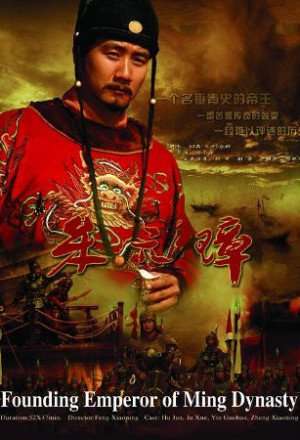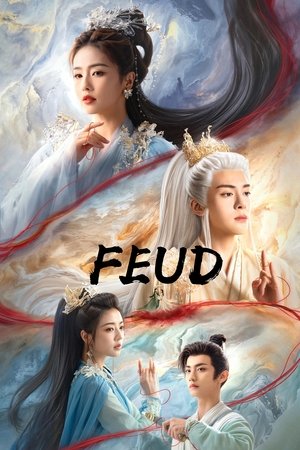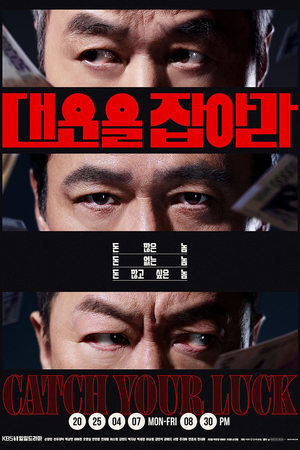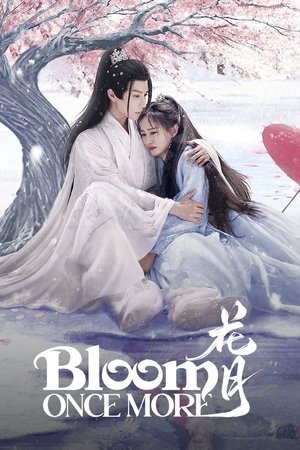389,305 views
Episodes
Episode Episodes
Founding Emperor of Ming Dynasty (2004)
TV Series
Ongoing
Genres
Sinopsis Sub Indo Founding Emperor of Ming Dynasty (2004) Episode
Founding Emperor of Ming Dynasty 2004 Episode 17 Subtitle IndonesiaFounding Emperor of Ming Dynasty is a 2006 Chinese television series based on the life of Zhu Yuanzhang, the founding emperor of the Ming Dynasty. Turmoil engulfs China in the final years of the Mongol-ruled Yuan dynasty as the government degenerates into corruption while rebel forces sprout throughout the land to...









